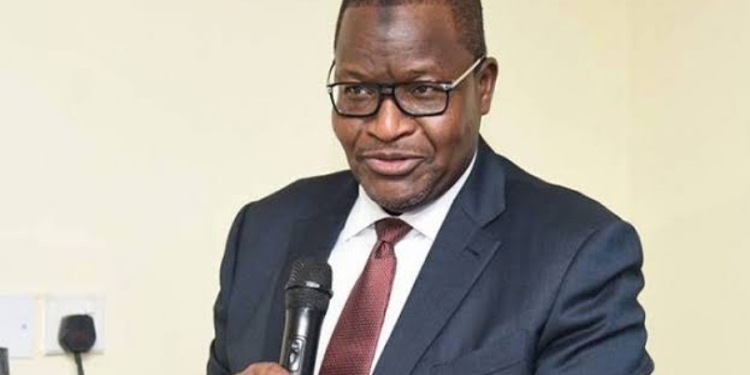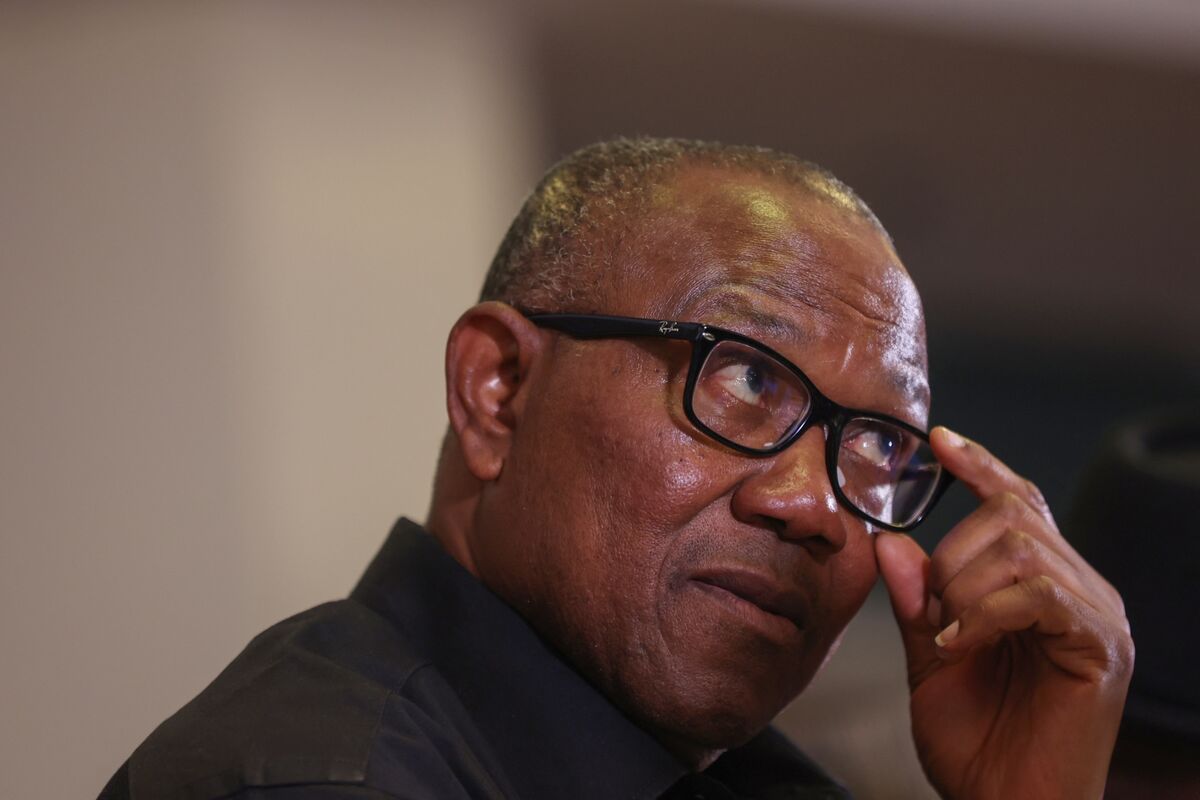Stakeholders in the Telecoms industry are worried that recent government policies may destroy the gains witnessed in the industry.
The stakeholders lamented that Investment inflow into the Nigerian telecommunications industry is witnessing a lull without appreciable Foreign Direct Investment since the industry hit the N21.45 trillion ($70 billion) investment mark last year.
According to the President, Association of Telecommunication Companies of Nigeria, (ATCON) Mr Olusola Teniola, mobile operators currently pay on the aggregate 23 different taxes to various agencies of government at the Federal, State and local levels.
Teniola further revealed that the challenges currently facing the industry will restrict the growth of the six infrastructure companies already licensed by the NCC to deepen broadband penetration because they won’t be insulated from the challenges facing existing operators in the industry.
According to him
“This also explains why the plan by the NCC to hit the 30 per cent broadband penetration by end of this year remains dicey.”
Nigeria currently has 22 per cent broadband penetration, though far above the minimum threshold of 20 per cent set for countries around the world to be met by 2018 by the Broadband Commission of the International Telecommunications Union.
The Association accused State Governments of denying the operators access to build additional base stations, while the already built ones were being shut down indiscriminately.
Director, Legal and Regulatory Services Department, NCC, Mrs Yetunde Akinloye, also lamented that after approval is given by the state authorities to telecom companies to build their infrastructure, operators still face challenges of having to deal with the payment of all kinds of frivolous levies imposed by local authorities and the so-called ‘area boys’.
According to her:
“Government authorities and different agencies impose these levies in order to boost their revenues and we have met with the Nigerian Governors’ Forum to educate them on the implication of not allowing operators to build infrastructure in their states.
“This is because they are asking them to pay all sorts of taxes and levies, the majority of which are not backed by any law in the country.”
A recent report on the ease of doing business in Nigeria 2018 ranked Lagos State as the worst place to secure construction permit in Nigeria, with a score of 51.37, followed by Rivers State with 53.21 while Zamfara is the third worst state with 58.26 score. The report also ranked Niger State tops when it comes to dealing with construction permits.



















